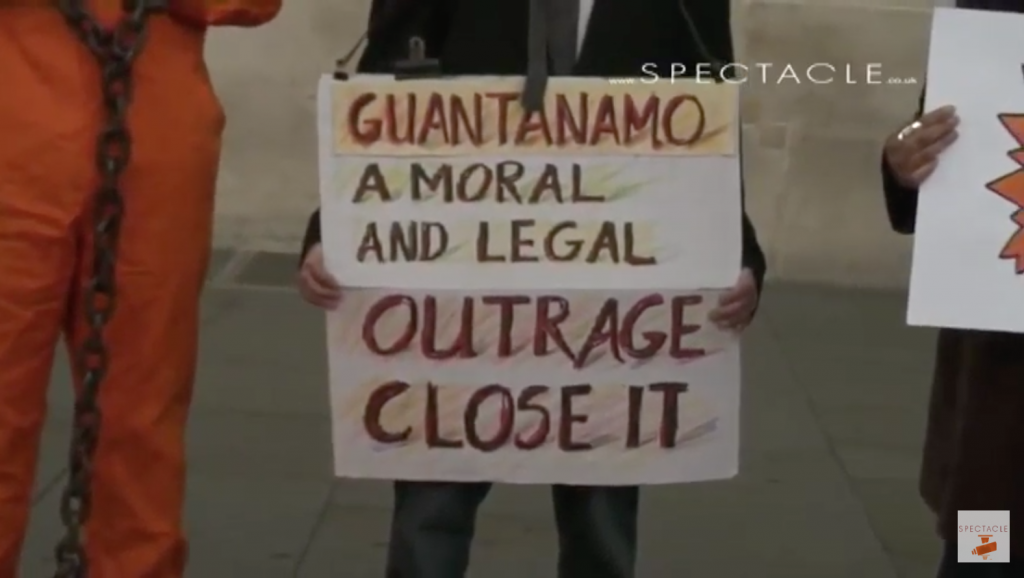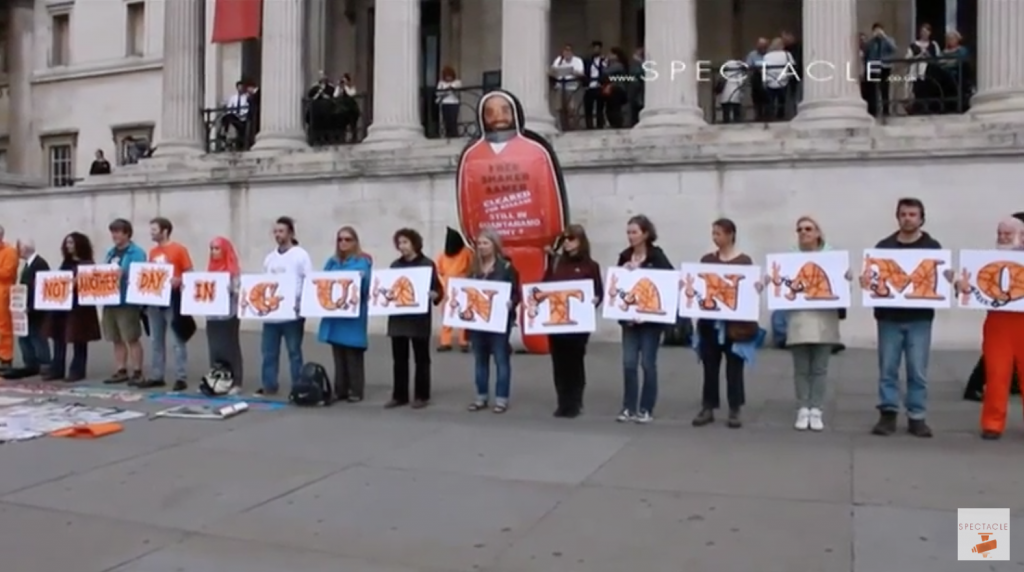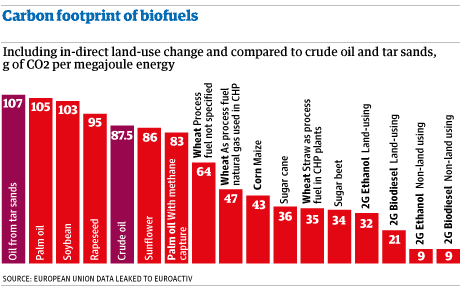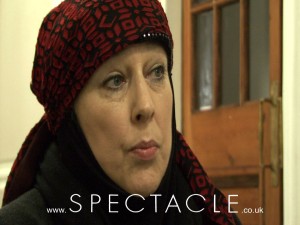
Spectacle is launching a new library of films on Vimeo on demand. This will allow viewers to rent all of our films relating to Guantanamo Bay and people’s advocacy work for those imprisoned there without trial. The collection includes the films Outside the Law: Stories From Guantanamo and Shaker Aamer: A Decade Of Injustice as well as short films on the various groups campaigning for Shaker’s release and never before seen interviews with politicians and campaigners including John MacDonald and Sadiq Khan. The library will be free to access for one month starting on the 6th of December to mark Human Rights Day (10th Dec).
VIEW THE FILMS HERE with promo code: HR21Guan
After 20 years of protracted conflict and attempted nation building in Afghanistan, the Taliban are back in the seat of government. Politicians in the UK and America are scrambling to justify these 20 years: the lives lost and billions spent. In the midst of these speeches on noble intentions it is important to look back at the war on terror and remember the basis on which this war was waged.
It was a moment when the USA and its allies in NATO decided that human rights and habeas corpus were not in fact universal principles and did not apply to anyone deemed an “enemy combatant”. Moazzam Begg (a former detainee of Guantanamo Bay) summed up this thinking in a Q&A after a screening of Stories from Guantanamo with the George Orwell Quote: “we are all equal but some are more equal than others”. Everything was justifiable in the name of stamping out global terrorism. Innocent men from around the world were sent, not just to Guantanamo, but also Bagram prison in Afghanistan and other “black site” secret prisons, to be tortured and interrogated.
Spectacle has documented the story of the Guantánamo Bay Detention Centre and the wider context of extraordinary rendition and secret prisons that were central to Bush and Blair’s War On Terror in two separate films, available together here for the first time along with extras and archive materials.
Outside the Law: Stories from Guantánamo” provides a powerful rebuke to those who believe that Guantánamo holds “the worst of the worst” and that the Bush administration was justified in responding to the terrorist attacks of September 11, 2001 by holding men neither as prisoners of war, protected by the Geneva Conventions, nor as criminal suspects with habeas corpus rights, but as “illegal enemy combatants” with no rights whatsoever.
The film is based around interviews with former prisoners including Moazzam Begg and Omar Deghayes in his first major onscreen interview. The film also contains interviews with lawyers for the prisoners, journalist and author Andy Worthington, Guantánamo’s former Muslim chaplain James Yee, a London-based Imam, and the British human rights lawyer Gareth Peirce.
“Outside the Law is a powerful film that has helped ensure that Guantánamo and the men unlawfully held there have not been forgotten”.
Kate Allen , director Amnesty International UK
Shaker Aamer: A Decade of Injustice

This film was made to mark the 10th anniversary of Shaker Aamer’s detention in Guantanamo Bay.
Shaker Aamer was one of the 171 men still held in detention in Guantanamo Bay on the camp’s 10th anniversary. Despite never having had a trial, having been approved for release twice, and there being a large campaign supporting him, Shaker remained in detention until 2015.
During the 13+ years that Shaker Aamer was incarcerated in Guantanamo Bay, he was never charged, and he has never denied his innocence. He has continuously lobbied for the welfare of other Guantanamo inmates from within the system. Many believe that this, and his potential as a witness to U.S. human rights abuses, are the reasons he remained captive for so long.
Shaker Aamer was finally released from prison on 30th October 2015.
Access the library in full HERE and use promo code: HR21Guan.







